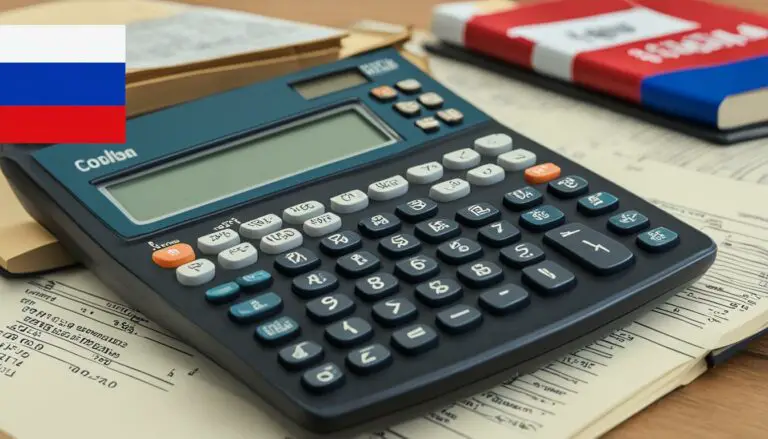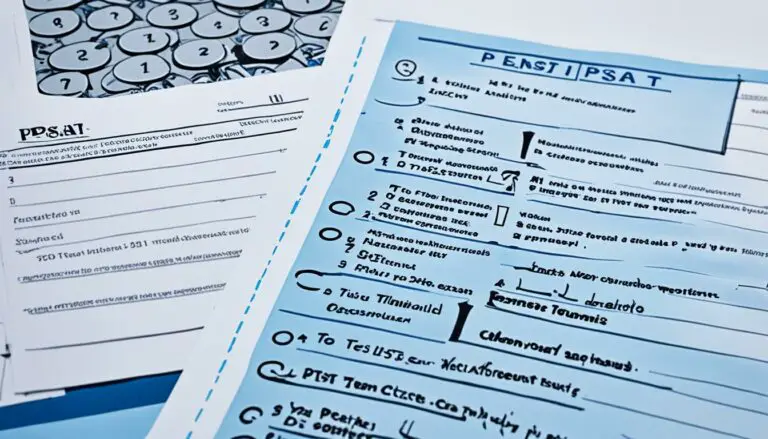How to Convert CGPA to Percentage: A Clear and Knowledgeable Guide
CGPA evaluates a student’s academic performance. It is a grading system in many schools, colleges, and universities worldwide. CGPA measures a student’s overall academic achievement, calculated by averaging the grade points obtained in all subjects over a given period.
Conversely, a percentage reflects a student’s academic performance in a specific subject or course. It is determined by dividing their total marks by the maximum possible marks and then multiplying the quotient by 100.
The CGPA and percentage systems are used to evaluate a student’s academic performance, but they differ. While CGPA is an average of all a student’s grade points, the percentage measures the student’s performance in a particular subject or course.
The CGPA system assigns grade points based on the student’s performance in each subject. The grading system varies from institution to institution but usually ranges from 0 to 10. The maximum CGPA a student can obtain also varies from institution to institution, but it is usually 10.
The grading is usually done on a scale of 0 to 100 in the percentage system. The minimum passing percentage varies from institution to institution, usually 33% or 40%.
Conversion of CGPA to Percentage
CGPA is a grading system used by many universities and educational institutions in India. It measures a student’s overall academic performance, calculated by averaging the grade points obtained in all subjects.
While CGPA is a helpful metric for evaluating academic performance, many employers and higher education institutions require a percentage score for admission or job applications.
To determine a percentage score from CGPA, you must apply a conversion factor aligned with your institution’s grading system. Remember that conversion tables can differ among universities, so accuracy hinges on using the appropriate factor.
The formula to convert CGPA to percentage is simple. Multiply the CGPA by the conversion factor to get the percentage score. For example, if the conversion factor is 9.5, and a student has a CGPA of 8.5, then the percentage score would be 8.5 x 9.5 = 80.75%.
Here is a conversion table for some of the famous universities in India:
| University | Conversion Factor |
|---|---|
| Mumbai University | 7.1 |
| Anna University | 9.5 |
| Visvesvaraya Technological University (VTU) | 9.5 |
| Kerala Technological University (KTU) | 9.5 |
| Gujarat Technological University (GTU) | 10 |
| Maulana Abul Kalam Azad University of Technology | 10 |
| University of Mumbai | 7.1 |
| University of Delhi | 9.5 |
| CBSE | 9.5 |
Remember that the conversion factor can differ based on the grading system and the university, so it’s essential to ask your university or college for the correct one.
🌟 Hey Students! 🚀 Ready for the ultimate experience? Join us on Studentsinside.com's Facebook, YouTube, WhatsApp, and LinkedIn. Click now for tips, fun, and success vibes! 🌈✨ #StudentLife #JoinUs
Calculation Tools
Converting CGPA to percentage can be daunting, especially if you need to become more familiar with the conversion formula. However, several online calculation tools can help you convert your CGPA to percentages quickly and accurately.
One of the most commonly used calculation tools is the CGPA to-percentage calculator. This tool lets you enter your CGPA and grading system and automatically calculate your equivalent percentage. Most CGPA calculators use a fixed multiplication factor 9.5 to convert CGPA to percentage.
In addition to the CGPA calculator, there are also GPA calculators available that can help you calculate your CGPA. These calculators allow you to enter your grades for each subject, and they will automatically calculate your CGPA based on the grading system used by your institution.
If you want to calculate your CGPA manually, you can use the following formula:
CGPA = Sum of Grade Points / Total Number of Subjects
To convert your CGPA to a percentage, you can use the following formula:
Percentage = CGPA x Multiplication Factor
The conversion factor from CGPA to percentage can vary based on your institution’s grading system. For instance, if your institution employs a 10-point grading scale, the factor would be 10 instead of 9.5.
It is also important to note that some institutions may provide subject-wise percentages instead of overall percentages. In such cases, you can use the following formula to calculate your subject-wise percentage:
Subject-wise Percentage = Subject Grade x Multiplication Factor
Grading Systems in Different Institutions
The grading system varies from institution to institution and even among different countries. Some institutions follow a 10-point grading scale, while others follow a 4-point one. The grading scale is an essential component of the grading system, and it determines how the grades are calculated.
The CBSE board’s grading system is based on a 9-point grading scale. The grades are calculated based on the student’s exam performance and the number of credits. The grading system encourages students to perform better and reduces exam stress.
In engineering colleges, the grading system is based on the total number of credits the student earns. The credits are assigned based on the hours spent on each subject. The grading system encourages students to take their studies seriously and reduces dropouts.
In class 10 and 12 board exams, the grading system is based on the student’s exam performance. The grading system encourages students to perform better and reduces exam stress.
Certain institutions employ a grading system that relies on a student’s percentage of marks. This percentage is determined by aggregating the marks obtained by the student across all subjects.
Understanding SGPA and Its Conversion
SGPA, for Semester Grade Point Average, represents a student’s average grade points for a specific semester. It is determined by dividing the total grade points achieved that semester by the total credit hours taken.
SGPA is crucial in computing CGPA, the cumulative grade point average spanning multiple semesters.
To calculate SGPA, students should determine the credit points for each subject, multiply them by the corresponding subject grades, sum up these products for the entire semester, and ultimately divide the total grade points by the total credit hours for that semester.
Converting SGPA to percentage is a common requirement for students who want to apply for higher studies or jobs. To convert SGPA to percentage, a student needs to multiply SGPA by a specific factor based on the grading scale used by their institution. For example, if the grading scale is out of 10, the factor would be 9.5. Thus, if a student has an SGPA of 8.5, their percentage would be 8.5 x 9.5 = 80.75%.
Check the conversion factor with your school before converting SGPA to a percentage because it can vary depending on their grading scale.
Impact on Academic and Career Progress
Converting CGPA to percentage is essential for students who want to pursue higher education or apply for jobs. The percentage system is widely used in many institutions and organizations and helps determine a student’s academic and career progress.
Academic Progress
The conversion of CGPA to percentage is significant for academic progress. Many colleges and universities use the percentage system to grade students, and a high percentage is an indicator of academic excellence. The percentage system also helps rank students based on their performance and is used to determine scholarship eligibility.
In the case of Class 10 and Class 12 board exams, the percentage system is used to grade students, and it plays a crucial role in deciding their future academic pursuits. A high percentage in these exams can help students secure admission to prestigious universities and colleges.
The CGPA system is used in many schools and colleges and is a cumulative student performance score. Converting CGPA to percentage helps compare a student’s performance with others graded on the percentage system.
Career Progress
The conversion of CGPA to percentage is also essential for career progress. Many companies use the percentage system to shortlist candidates for job interviews, and a high percentage can increase the chances of getting hired.
Engineering students, in particular, need to convert their CGPA to GPA score when applying for jobs in the US and other countries. The GPA score is a percentage-based grading system used in these countries, and it helps in determining a candidate’s academic performance.
The conversion of CGPA to percentage also plays a crucial role in determining a student’s strengths and weaknesses. It helps identify areas where students need to improve and clearly explains their academic performance.







